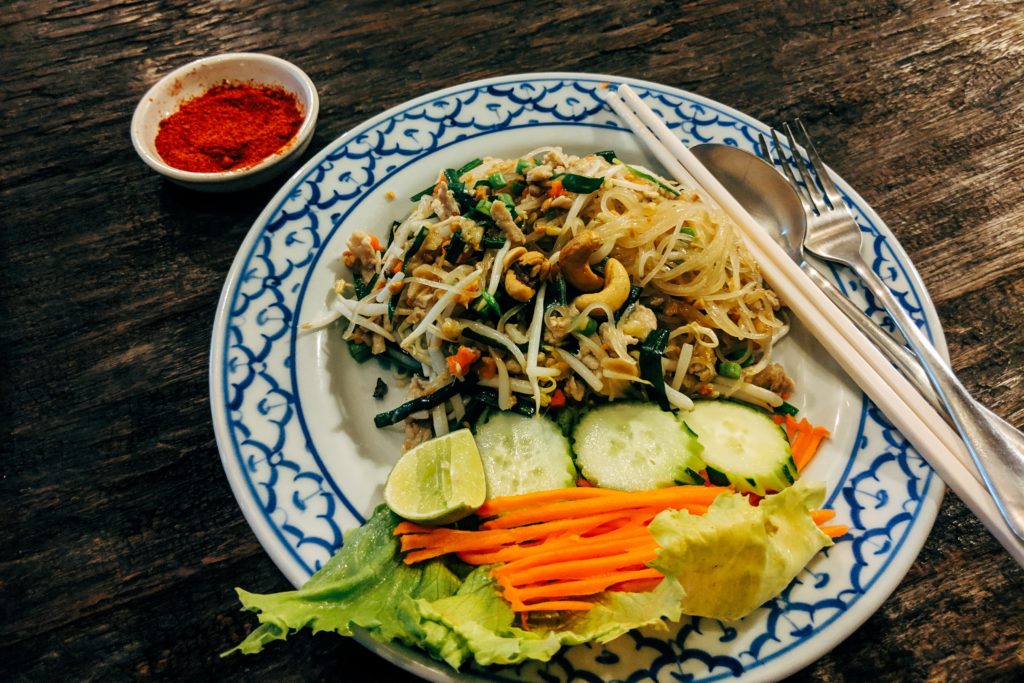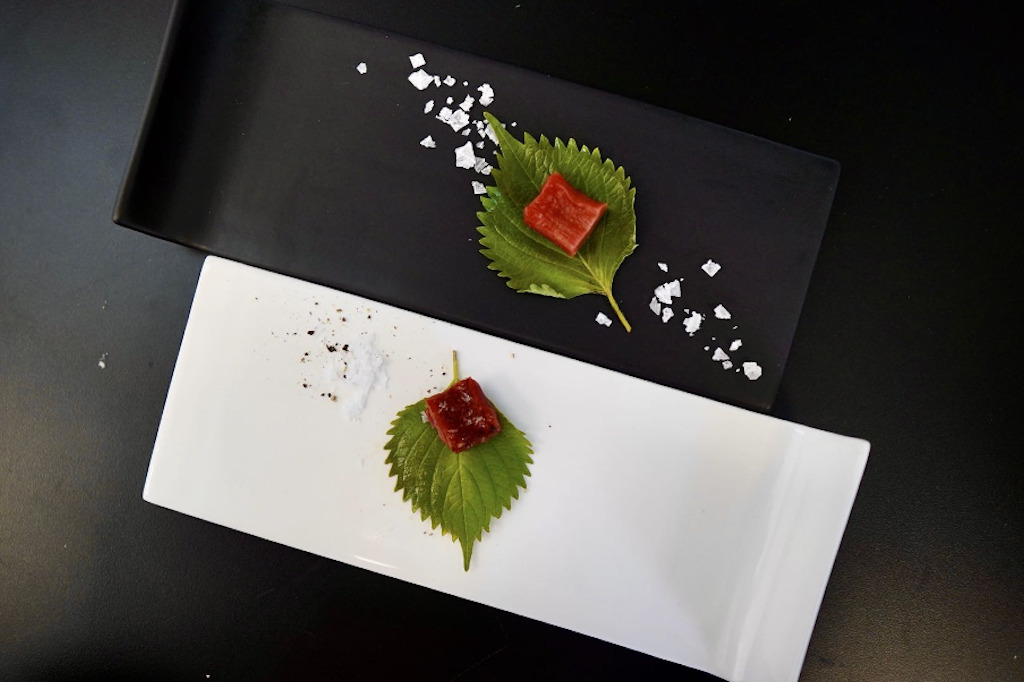Chinese Netizens Attack Vegetarianism Film, Cite ‘Blind Worship Of The West’ As Appetite For Beef Grows
4 Mins Read
A 45-minute documentary in mainland China promoting vegetarianism has been heavily criticised across the country’s social media channels. Well-known Chinese actresses Zhang Jingchu and Tao Hong both appeared in the film, in which meat-eating was linked to carbon emissions and cruelty, while vegetarianism was projected as a healthy choice. Viewers took to the comments to mock the production and the messages contained therein.
A public welfare documentary was released on November 25 2021 in China. Posted by actress Jingchu on her social media channels, it was shared by a slew of other celebrities. But angry netizens cast doubt on the vegetarian agenda and pointed out inconsistencies throughout the film, while some made a link between vegetarianism and Western culture.

Leading ladies that failed to convince
Though they discussed meat consumption as unnecessary and cruel in the film, both Jingchu and Hong have been called out due to previous social posts of them happily consuming animal products, undermining their credibility. Social threads analysing the science of not eating meat were also started, with many people expressing doubt that vegetarianism can be healthy. Vitamin D deficiency was a concern, as was weakened immune systems.
Aside from purportedly disingenuous interviewees, the documentary raised questions about personal dietary choice and adoption of Western culture. Shen Yi, deputy director of the Fudan University Cyberspace Research Center, commented that Chinese celebrities’ promotion of vegetarianism represented a “blind worship” of Western values.
Aside from the fact that vegetarianism has always been present in China and across Asia (see: India) thanks to a strong Buddhist regional identity, this new messaging represents a worrying turn at a time when we need to reduce meat consumption more than ever due to rising greenhouse gas emissions. Recent research showed that 5 meat and dairy companies are responsible for more emissions than the oil industry.
China’s love affair with beef
As pro-vegetarian documentaries are derided, beef demand is reportedly on the rise. Pork has remained the steadfast popular meat of choice, but beef is slowly climbing up the ranks. Suggested reasons for the interest in the product include ease of availability through e-commerce and middle-income spending trends. There is a theory that more people are cooking beef at home as well while understanding what makes for a quality piece of meat.
Earlier this year, we reported that in 2020, Brazilian beef imports saw a significant increase in the mainland, due to pork supply issues arising from African Swine Flu. In 2020, China became the third-largest importer of U.S. beef. Argentina and Australia usually see the lion’s share of China’s purchasing, but droughts and export red tape made the U.S. a simpler choice. “It will likely take Chinese consumers decades to become big beef eaters, but China remains a viable and growing market for U.S. beef,” said Glynn Tonsor, Kansas State University livestock economist, to AG Web.

Plant-based brands fighting back?
Despite a reported rise in beef consumption, China is making way for plant-based alternatives. The alternative protein sector is demonstrating positive growth. A report published by GFI Consultancy reveals that there is scope for vegan products to enjoy success in the country, though the adoption of local cuisine will be critical. DuPont unveiled findings of its own that point to China seeing a 200 percent increase in plant-based meat demand, in the next five years.
The reports acknowledge that mainstream adoption of plant-based foods hinges on successful 1:1 substitution for conventional products. Collaborations with high-profile and popular brands will also prove influential, says Asymmetrics Research. The Starbucks and OmniPork partnership appears to underline this.
The messages of vegetarian derision and plant-based optimism are in direct opposition to each other. This forces a return to the theme of personal autonomy. For Chinese consumers, food safety and nutrition tend to be chief purchasing motivations.
According to a source on the ground, who spoke to Green Queen anonymously, mainland consumers are pickier than Westerners when it comes to alt meat products, and taste is key. “The current products on the market don’t offer enough in terms of taste. Chinese consumers are very demanding.” For this reason, and others including food security, a homegrown cultivated meat sector could be an ideal solution for China.
Shanghai-based CellX closed a funding round earlier this year, netting $4.3 million for “rapid expansion”. Focussed on the Chinese market, the company aims to quash fears about food security. Samples of cultivated pork have already been tested but regulatory approval is still pending.
Joes Future Food is flying the flag for cultivated developments as well. The company successfully raised $10.9 million via a Series A funding round. The money is being used to build a pilot production line for cultivated pork.
Lead image courtesy of Unsplash.





